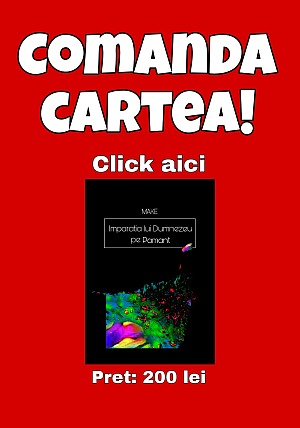A team of researchers from the University of Edinburgh has managed to create paracetamol from plastic waste, using a biochemical reaction involving the bacterium Escherichia coli (E. coli), according to a study published in the prestigious journal Nature Chemistry and taken over by AFP. The experiment is remarkable for its hybrid approach, which combines the chemical process and genetic engineering. Raw material: PET waste (polyethylene terephthalate) - the plastic commonly used for bottles; first step: under chemical and enzymatic action, the plastic is broken down into basic components; E. coli intervention: a genetically modified strain of E. coli converts these components into PABA (para-aminobenzoic acid) - a chemical precursor to paracetamol; final stage: through further genetic modifications, the same bacteria transform PABA into paracetamol (acetaminophen), an essential drug used to reduce fever and relieve pain.
• Implications and limitations
While the discovery is promising for its potential in plastic recycling and sustainable drug production, the authors acknowledge that industrial application is still a long way off. "It's just a demonstration of feasibility,” note several independent researchers cited in the same publication. They point out that the yield of the reaction - the amount of PABA obtained - is far too low to support large-scale production. Moreover, environmental organizations view the discovery with skepticism. "We've been hearing about bacteria that eat plastic for years. But none of these solutions have been scaled up to combat the global problem of plastic pollution,” said Melissa Valliant, of the NGO Beyond Plastic. Despite its limitations, the study suggests a future in which synthetic biology could play a key role in: The circular economy, by converting waste into valuable resources; Sustainable pharmaceutical production, by reducing dependence on petroleum derivatives; Innovation in recycling, by combining natural enzymes with artificially controlled processes. The study was also funded by pharmaceutical company AstraZeneca, a sign that major players in the field are interested in less polluting alternatives for drug production. The transformation of plastic waste into paracetamol using E. coli bacteria is a significant scientific achievement, but it is still in its early stages of development. It is a promising experiment, but not an immediate solution to the problem of global plastic pollution or the challenges of the pharmaceutical industry.











































Reader's Opinion